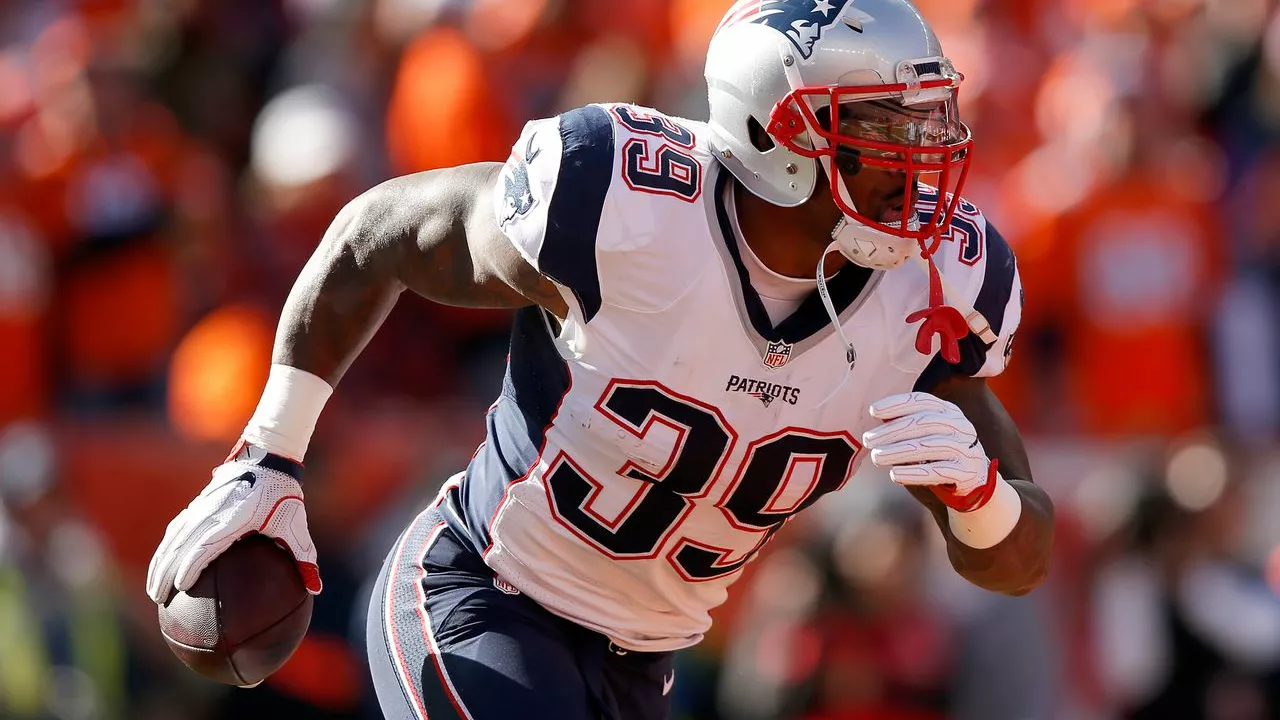Sports Law: What Every Fan and Fighter Should Know
Ever wondered why a knockout in the ring isn’t the end of the story? Behind every fight, match, or draft is a legal contract that can shape a career. In sports law, the fine print decides who gets paid, who can fight, and what happens if a deal falls apart.
Take the NFL, for example. When a team cuts a player, the payment depends on whether the contract is guaranteed. A guaranteed deal means the player still collects the full amount, even after the cut. If the contract isn’t guaranteed, the team can walk away without paying the rest. That same principle shows up in MMA, where fighters often sign multi‑fight deals with varied guarantees.
Why Guarantees Matter in MMA Contracts
In the UK MMA scene, a guaranteed purse can be a lifeline. Imagine a fighter training for months, only to have a bout canceled. If the contract includes a guaranteed base pay, the fighter still receives a set amount, covering gym fees and living costs. Without that guarantee, the fighter might end up with nothing despite the effort put in.
Guarantees also affect negotiation power. A new fighter with a strong social media following can command a guaranteed fight fee, while a lesser‑known athlete might accept a lower base pay plus performance bonuses. Knowing the difference helps fighters decide whether to push for a guaranteed clause or focus on win‑or‑lose bonuses.
Common Legal Disputes in Sports
Disputes usually arise from three areas: contract interpretation, breach of contract, and injury clauses. A contract might say a fighter must be available for a certain number of events. If the promotion cancels those events, the fighter could claim breach of contract. On the other hand, promotions might argue force‑majeure—unforeseeable events like a pandemic—relieves them of the obligation.
Injury clauses are another hot spot. A clause may state that if a fighter gets injured, they lose any future guaranteed pay. Some fighters negotiate medical insurance or a minimal payout in case of injury, ensuring they’re not left empty‑handed after a training accident.
Understanding these legal points isn’t just for lawyers. Fans who follow the sport, aspiring fighters, and even venue owners benefit from knowing how contracts shape the game. It explains why a headline bout can be scrapped at the last minute or why a star athlete might suddenly switch promotions.
So, next time you hear about a fighter being cut from a roster or an NFL player walking out on a team, remember it’s the contract details that dictate the outcome. Sports law turns the drama inside the arena into real‑world consequences outside of it.
Stay tuned to UK MMA Expo Hub for more breakdowns of contracts, legal tips for athletes, and updates on how sports law is evolving across the UK and beyond.
- Kaius Farrell
- 0 Comments
Do NFL teams have to pay out the contracts of players they cut?
In the world of NFL, when a player gets cut, it doesn't necessarily mean they lose all their money. It all depends on the contract specifics. If a player's contract is guaranteed, then they are entitled to the full payout, even if they're cut. However, if the contract isn't guaranteed, the team has the right not to pay the remainder. So, in essence, the question of payout really depends on the fine print of the player's contract.
View More